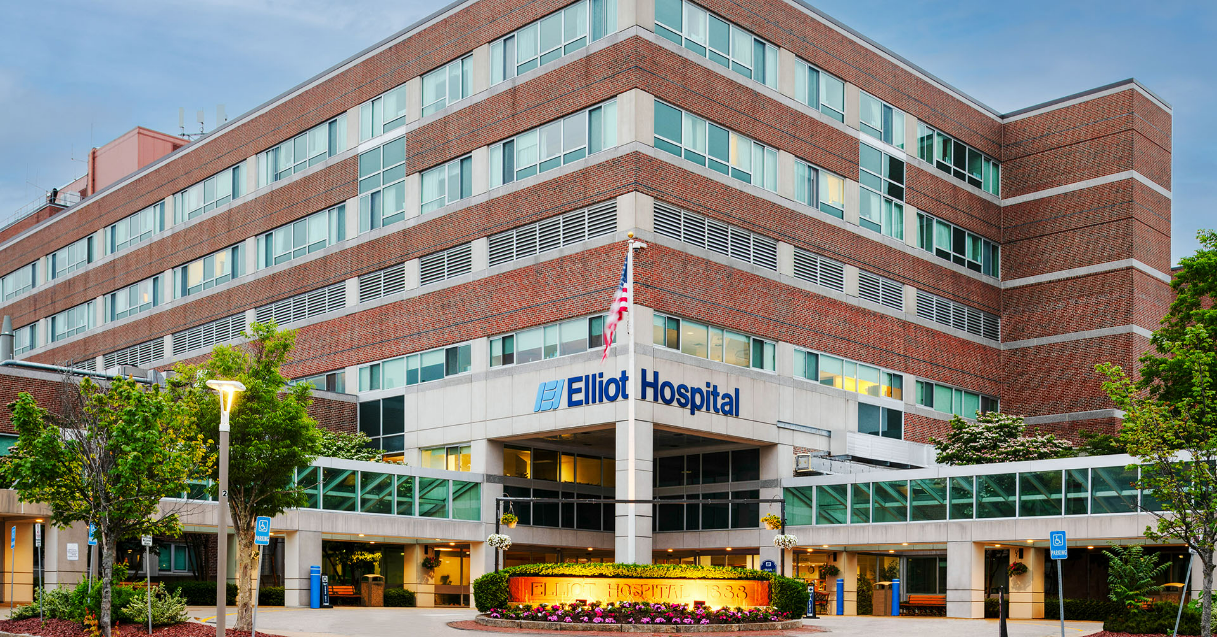Comprehensive Bariatric Care
Elliot Hospital is accredited by MBSAQIP as a Comprehensive Bariatric Center. Our highly trained and experienced surgical team offers the latest advancements in the field of bariatric care with a strong focus on patient-centered care. Surgeries are performed using the most modern facilities, techniques, and technologies. After surgery, the greatest care is taken to ensure that each patient receives necessary follow-up care in a supportive environment.
Bariatric surgery can be a viable option for eligible patients that need to control other medical problems such as diabetes, hypertension, and cardiovascular disease, among others. Along with a healthy diet and regular daily exercise, weight loss surgery can provide effective, lasting relief from these health risks.
Our Treatments
- Roux-en-Y Gastric Bypass
- Sleeve Gastrectomy
- Gastric Revision Surgery


